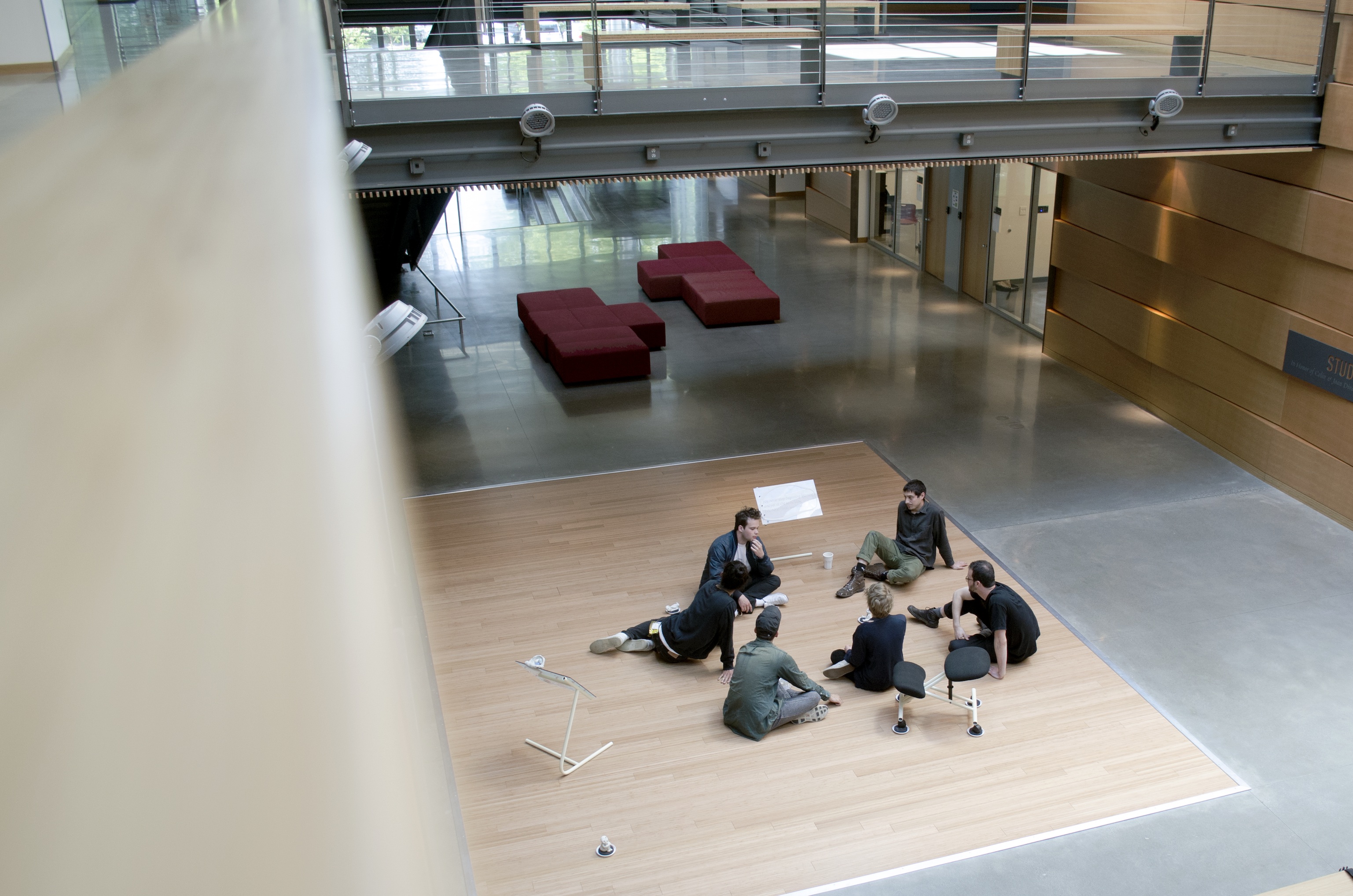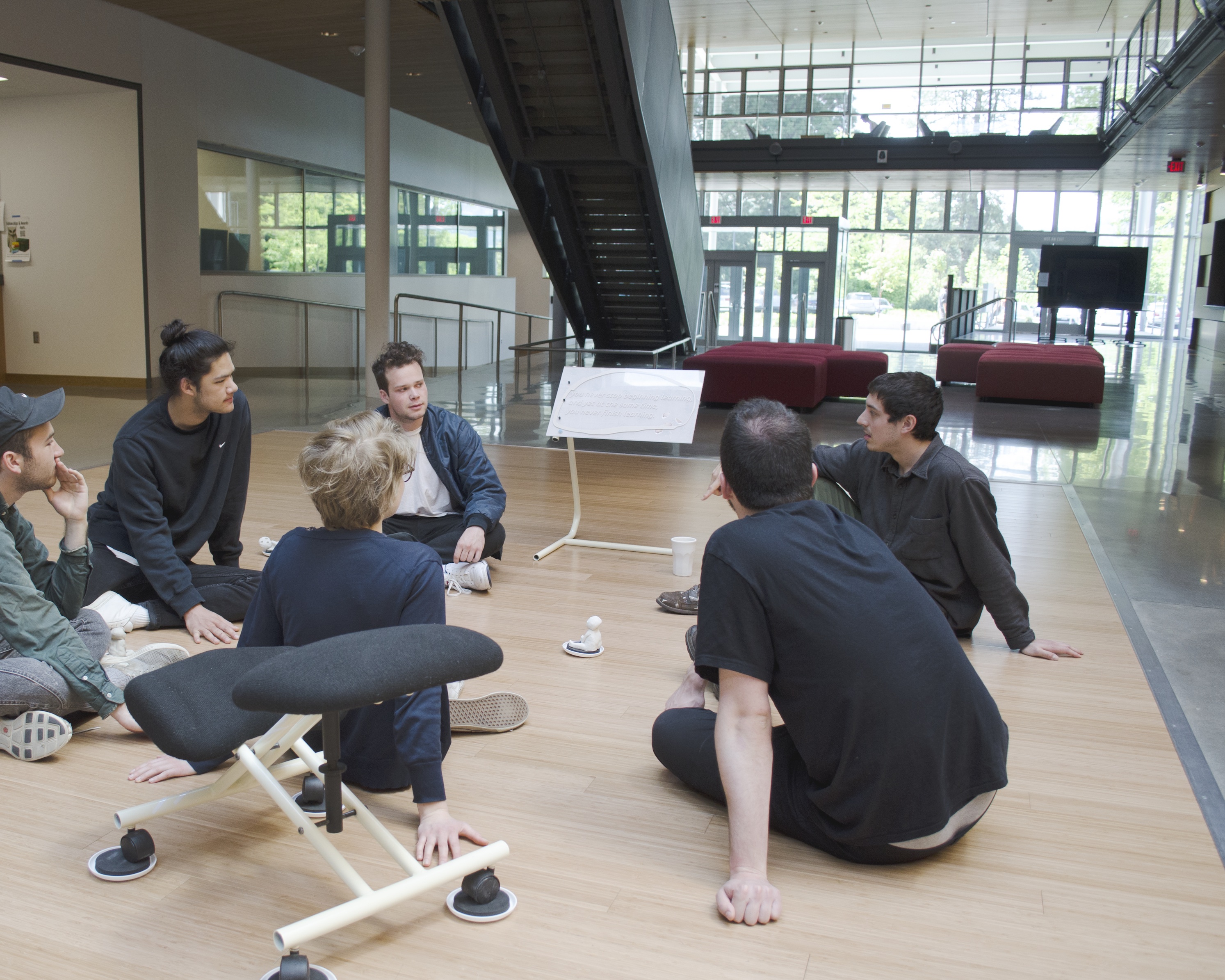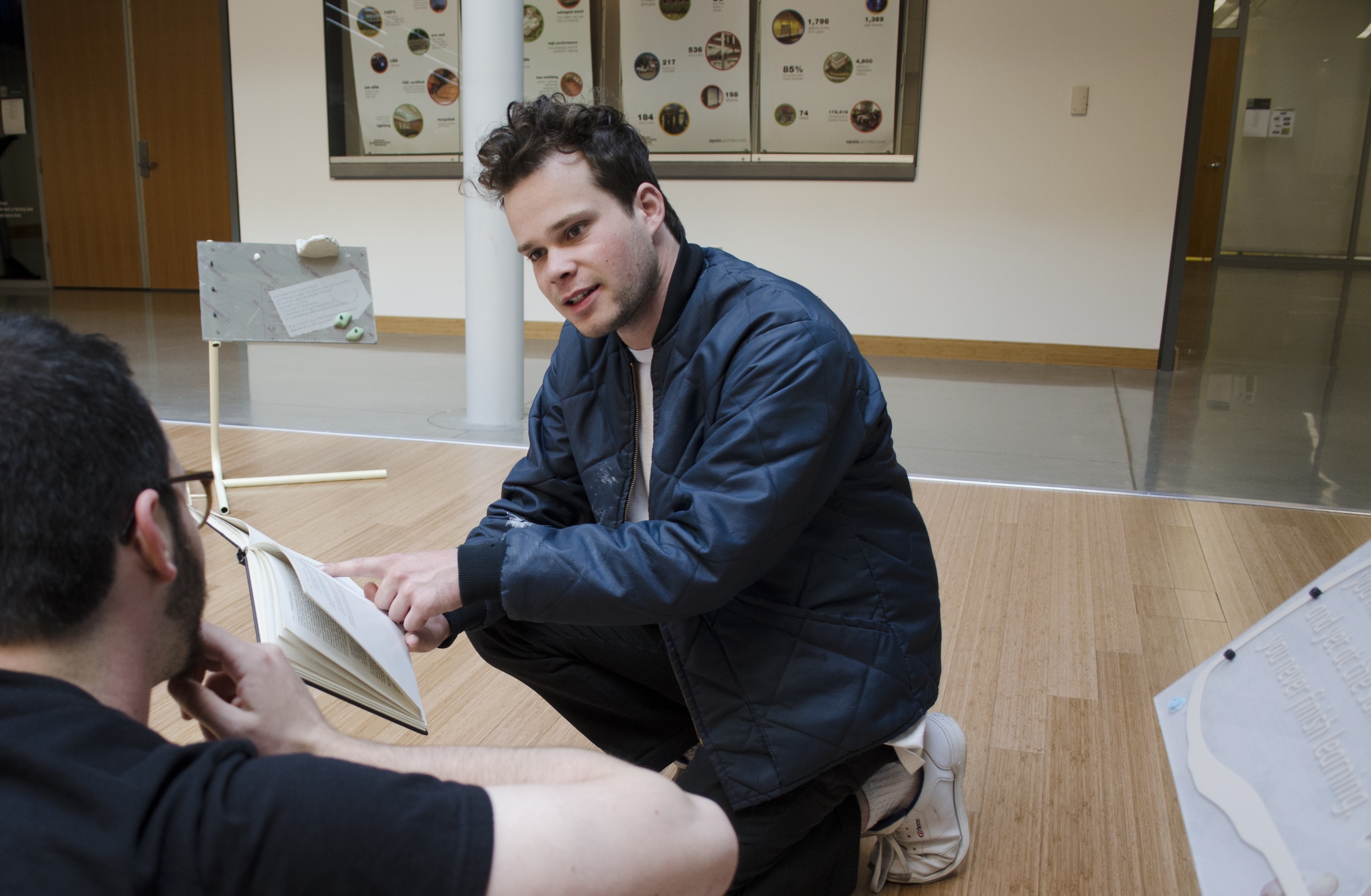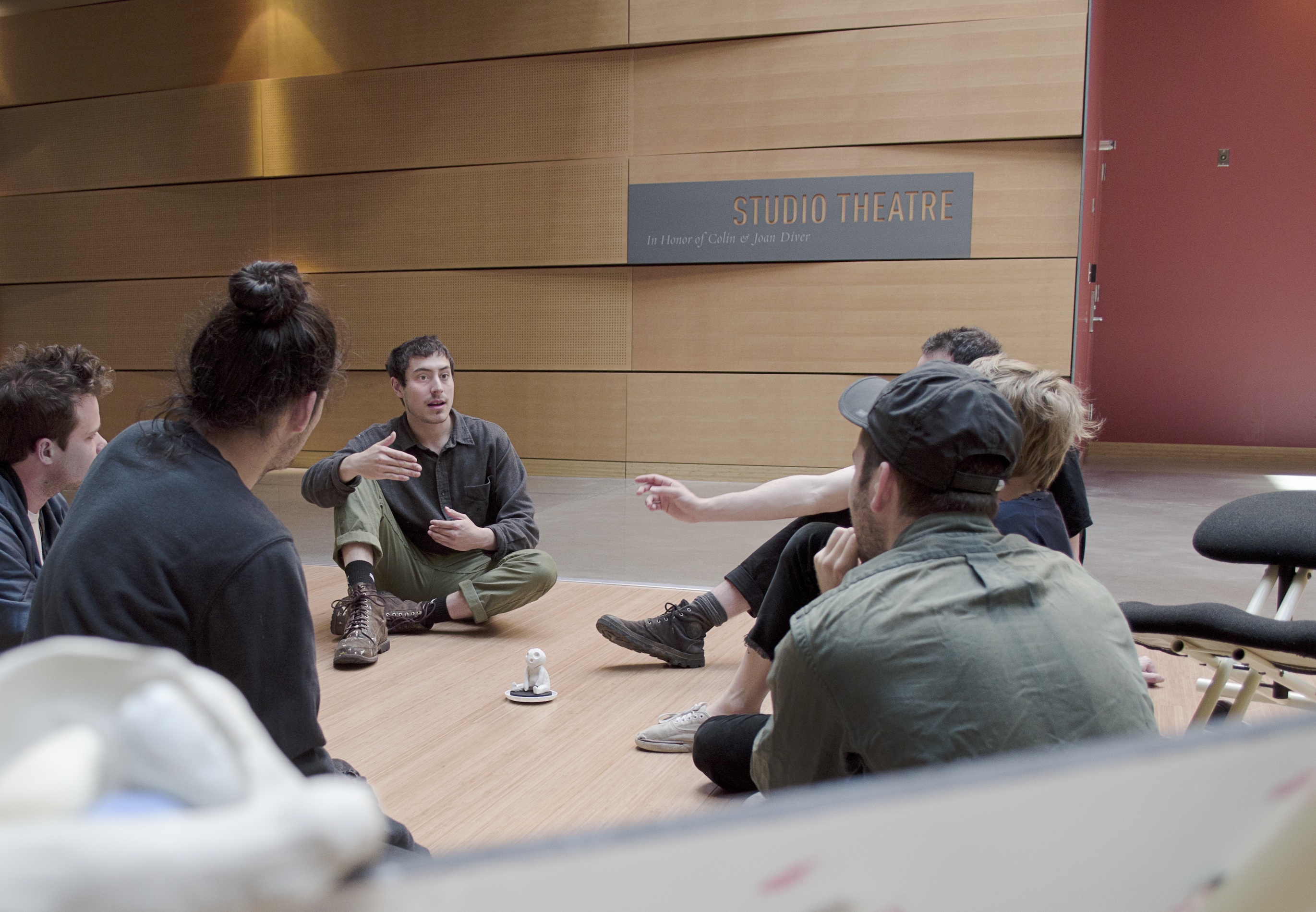

It is optimistically projected that the youngest generation will be a powerful force in entrepreneurial enterprise, sustainable innovation, social tolerance, and technological navigation.
It is quite possible that this upcoming group of young students will eventually be building their own education,
deciding their collective curriculum, and self-actualizing unconventional careers.

What has dawned upon us in this ultra-curricular atmosphere of image, knowledge, and general data churning is the consent to participate.
We are attentive to our areas of investment, and can rather easily filter through and prioritize particles of information to suit our preferences. We click on the headlines that pique our interest, and we share the content that reflects our priorities.
We scan hundreds of keywords per day and build an internal database of current events, image/text memes, personal photos, etc.
from which we continually and actively adjust our personal perspective.
This initially private and majorly spiritual style of knowledge procurement is sustainable, collective.

If education could bring this viral excitement into its curriculum and link online behavior with the environment of the institution,
it could present a novel technique for confronting educational activity with more directed specificity and individual interest.
It would allow young learners to more efficiently access and prioritize the information available to them in order to, perhaps,
shorten the distance between initial excitement into a topic or field of study and the ability to manifest a constructive personal effort
towards such study, in practice.

How might I explain that my best thinking is done when I’m at lunch with my friends, talking around a table?
Lifelong Learning projects a future in which education, beginning in childhood,
will be far less linear and standardized than the majority of current education systems.
If students are aware at every juncture of their educational route the potential pitfalls they might encounter,
and past revelations on the subject, and even parallel inquiries across fields of study, they might naturally assume a more
realistic and insistent line of focus upon convocation.
